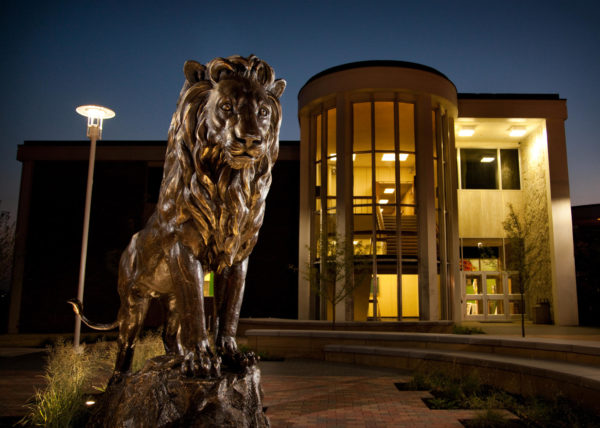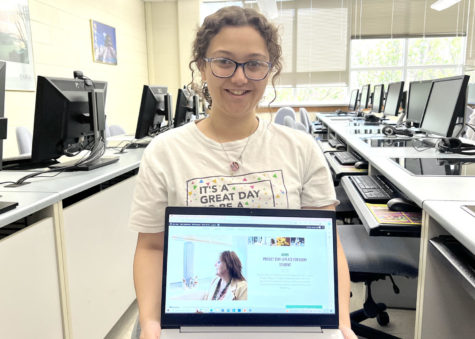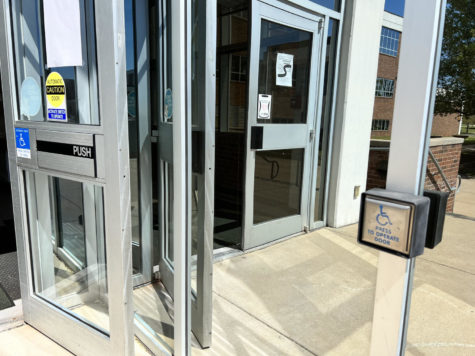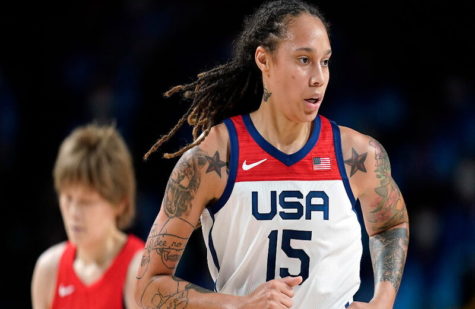Voters remain uninformed after VP debate
Vice Presidential debates are not necessary when it comes to encouraging voters to choose between democratic or republican politicians during an election.
At most, a voter has the opportunity to learn more about the personality or political standing of the nominee.
This election year is a ground-breaking first in vice presidential history as both nominees are running alongside the oldest presidential candidates in history with President Donald Trump, 74 years old as of Nov. 3, and Vice President Joe Biden, 78 years old. Additionally, Vice Presidential candidate Kamala Harris may become the first Vice President who is both female and a person of color.
While it must be noted how times are changing as we see political influence become more inclusionary and culturally diverse, this doesn’t change the fact that Vice Presidential debates often do not affect voter opinions overall.
In Oct. 7 debate, Harris mentioned over four million Americans have already mailed in their ballots for this year’s elections.
With the Presidential debate already having passed, and the Democratic and Republican conventions where Americans heard from the Presidential candidates, Vice Presidential nominees, and their inner circles a few weeks ago, and so many Americans already casting their votes, why do we have Vice Presidential debates? Sealing everything with a neat bow seems a little redundant when Americans turn off the television with their questions still unanswered.
The Vice-Presidential debate left little to be desired when it came to getting answers about major topics such as tax payer funds, coronavirus relief efforts, relationships with foreign nations, and racial injustice.
The nominees seemed to be much more interested in trying to catch the other in a lie or degrading their foundations for their campaigns.
One notable difference, however, was the way Harris would answer a question, give a solution to a problem, and explain how she would work with Biden to make the solution a reality.
Vice President Pence, on the other hand, had a habit of dodging the questions altogether, spending much of his time expanding on topics that were already debated on.
By the end of the debate, there wasn’t much information a voter was left with that they hadn’t already heard before.
Additionally, voters tuning into the Vice-Presidential debates oftentimes already have their minds set on which candidates they will be rooting for on election day. Again, millions of Americans have already voted with the remaining voters waiting for election day to cast their ballots.
The major theme of the debate was undermining the opponent’s campaign and encouraging viewers to agree with their distain towards the efforts of the other person’s political party. There was a clear “us versus them” mentality.
In true poetic justice, the final question of the debate was from an eighth grader named Brexleigh who mentioned that she felt as though our country was divided by political parties and asked how they were planning to come together as a nation and how they would lead by example.
While both candidates explained the importance of unity and their dedication in being an example of unity, it didn’t come off as sincere as they hoped it would, especially with the slander and scoffing taking place for the duration of the debate.
While the debate might not create a big shift in voter opinions, one thing is for certain: a historical election is brewing and the outcome of the 2020 election will create great waves for the future of our nation.
Your donation will support the student journalists of Missouri Southern State University. Your contribution will allow us to purchase equipment and cover our annual website hosting costs.





























